Friedrich Engels was born on November 28, 1820, into a textile factory owner's family in the city of Barmen, Prussia (now Germany). Born into a bourgeois family, Engels devoted his entire life to the revolutionary cause of the working class and was Karl Marx's closest friend and comrade, building scientific communism with him.
For many decades, F. Engels devoted himself to researching, absorbing and inheriting the quintessence of human thought, first and foremost classical German philosophy, British political economy and French socialism. The process of theoretical research was always closely linked to the rich and vivid practice of the working class struggle movement. From there, he and Marx built a system of scientific and revolutionary theories, including philosophy, political economy and scientific socialism. The most remarkable thing is that the two of them created dialectical materialism and historical materialism; discovered the objective laws of social development and the historical mission of the working class; built the theory of surplus value, pointing out the laws governing the movement, development and inevitable destruction of capitalism. These are the ideological weapons for the working class; the pillars of a massive system.

Many fundamental works of Marxism were co-written by Marx and Engels. The most typical is "The Communist Manifesto". Many of Engels's research works are the development of ideas formed during the process of regular exchanges with Karl Marx. For his part, many of Karl Marx's works were written with Engels' ideas and knowledge. Lenin said: "It is impossible to understand Marxism and fully present Marxism without paying attention to all of Engels' works". Engels also worked closely with Karl Marx in spreading revolutionary ideas, building revolutionary organizations of the working class, and becoming the leader of the working class movement in European countries in the second half of the 19th century. Lenin concluded: "After his friend Karl Marx, Friedrich Engels is the most outstanding scholar and teacher of the modern proletariat in the entire civilized world".
The entire doctrine of C. Marx and F. Engels is the result of a serious and massive scientific research process, answering many questions posed by humanity. Inheriting the best ideological trends of mankind up to the 19th century (German philosophy, British political economy and French socialism) and summarizing the practices of their time, F. Engels and C. Marx created a complete, rigorous and precise doctrine, in which scientific nature is unified with radical revolutionary nature. In addition to F. Engels' contribution to building the doctrine of surplus value; contributing to making Marxism always have scientific and revolutionary value through criticism, reviewing his viewpoints and doctrines through research and summarizing practices; and affirming: truth is always concrete and revolution is creative; F. Engels also contributed to creating the ideological foundation and perfecting the theory for revolutionary doctrine. F. Engels and C. Marx defended and developed materialist philosophy, created dialectical materialism and historical materialism, opened a fundamental turning point in philosophy, provided mankind with a new perspective, a sharp weapon to perceive and transform the world. They pointed out that the social force capable of becoming the creator of a new society is the working class led by the Communist Party. The working class must conduct an arduous revolutionary struggle to overthrow capitalism. Class struggle is the driving force of the development of a class society.
Not only did he work in the ideological field, providing the working class with sharp theoretical weapons for struggle, but F. Engels himself also devoted much effort to practical activities and made significant contributions to the activities of the international communist and workers' movement. The efforts of C. Marx and Engels contributed to the reform of the League of the Just into the Communist League in 1847. This was the first international workers' organization to take Marxism as its ideological banner, officially opening the period of Marxism's penetration into the workers' movement. F. Engels actively participated in the International Workingmen's Association (International I) founded by C. Marx, organizing the propaganda of scientific socialism, leading the international workers' movement, fighting to overcome the negative influences of utopian socialism and fighting against opportunism and reaction in the workers' movement.
After Karl Marx passed away, in response to new demands, in 1889, F. Engels participated in founding and leading the Socialist International (International II), thereby restoring the international organization of the working class after the dissolution of the International I in 1876, continuing to raise high the flag of the struggle for socialism. During this period, with his profound knowledge, rich experience and prestige, F. Engels continued to be a trusted guide and advisor to socialists in many European countries, including revolutionaries in Russia.
With his tireless efforts and extremely outstanding contributions in terms of ideology, theory and practical activities to promote the international communist and workers' movement, F. Engels was honored as one of the greatest leaders of the working class and working people around the world. V. Lenin said: F. Engels is "a shining torch" among brilliant minds, "the most outstanding scientist and teacher of the modern proletariat in the entire civilized world".
Assessing the great contributions of F. Engels to the revolutionary struggle movement of the world proletariat, V. Lenin wrote: “After his friend C. Marx, F. Engels is the most outstanding scholar and teacher of the modern proletariat in the entire civilized world. From the day that fate linked C. Marx and F. Engels, the lifelong career of these two friends became their common career.”
The history of the development of the international communist and workers' movement has shown that the views of C. Marx and F. Engels on the historical mission of the proletariat are a sharp "theoretical weapon" for the proletariat to step onto the political stage and affirm its historical mission. The theories left by the greatest leader of the working class and working people around the world still retain their value and continue to be studied and creatively applied by our Party to the specific historical circumstances of the country, to build a Vietnam with a rich people, a strong country, democracy, fairness and civilization./.
Source






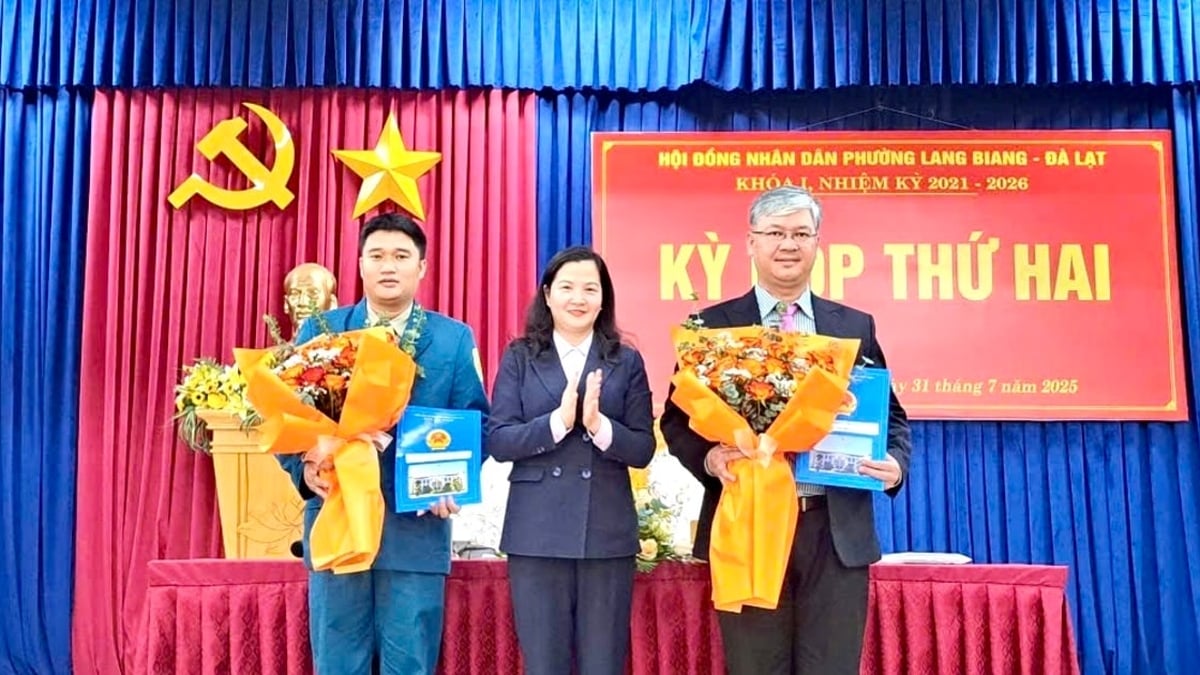

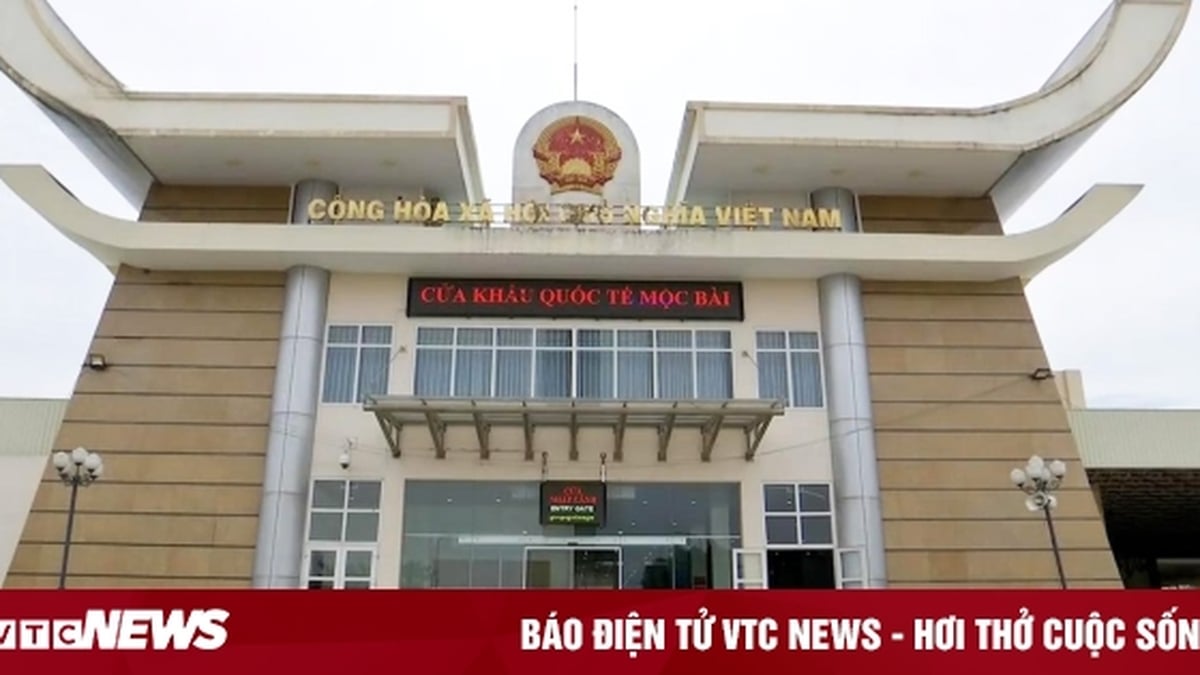









































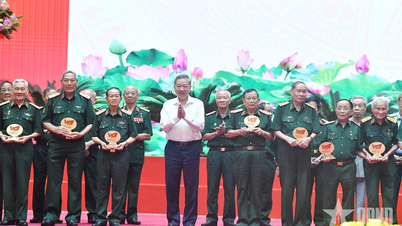







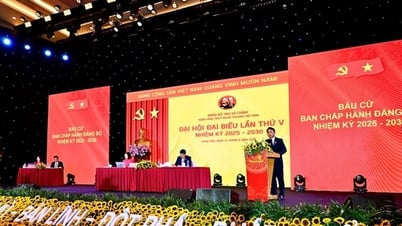



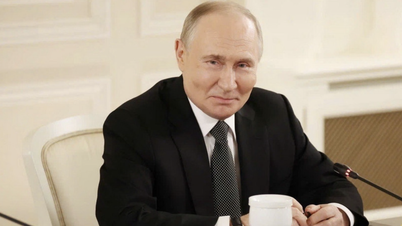
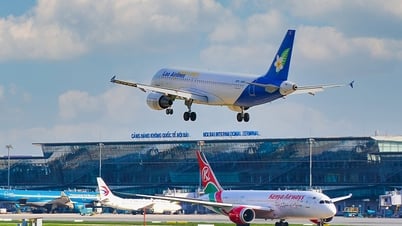
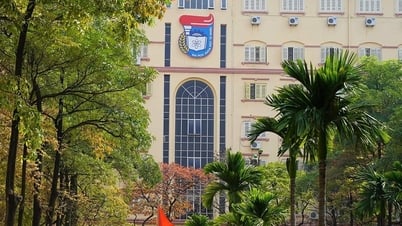
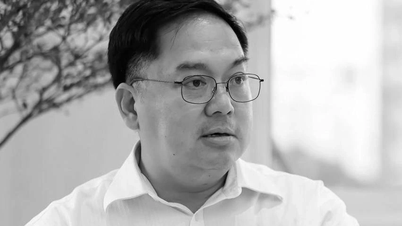
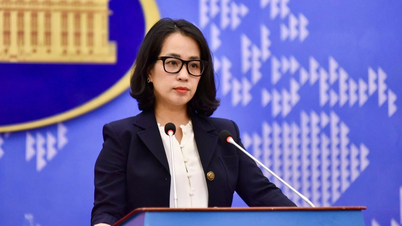




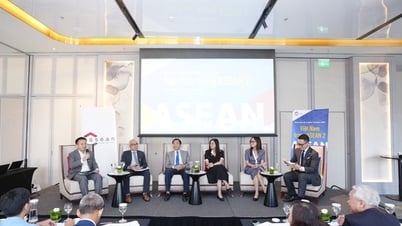

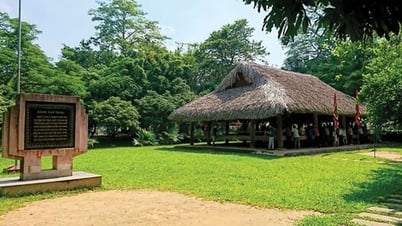
























Comment (0)